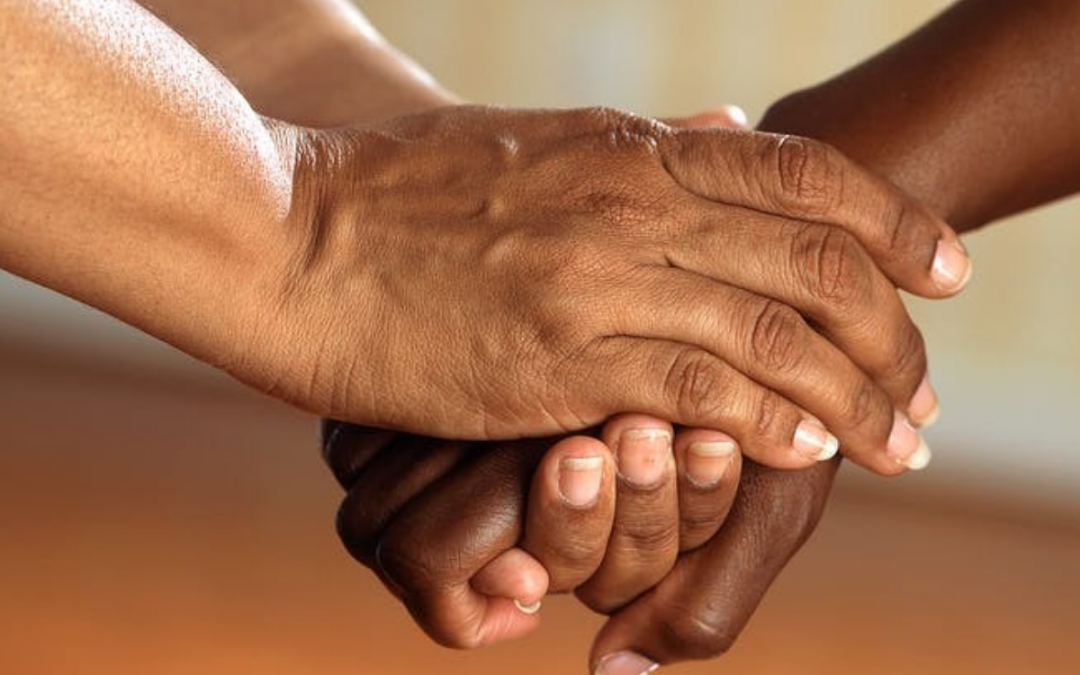“Final Lessons” — by Jeanette Reese
Death is a tough topic. But knowing someone we love is going to die adds layers of words and emotions to the already complicated human task of communication. It is a time when feelings run so high it is as if skyscrapers are tipping over and crashing into each other. It is a time when we can – and should – rise to new heights in relationships, but it is often a time when, quite simply, we are not at our best.
Some years ago, a close friend of mine shared a story with me that I never forgot. Her mother-in-law had just received a dreadful diagnosis. As a physician, Mary Ann took the family through an explanation of how the disease would progress and ultimately end. Treading into difficult territory, she explained that some family would want to provide care for their mother. Others might find caregiving difficult, but each family member would find some way to help.
As she told me the story, I realized that people have different abilities, different tolerances to face these challenging life events. I learned not all of us can be on our best behavior facing the loss of a loved one, but hopefully, most of us are trying to do just that – be our best.
When my first husband was dying his adult children came to visit. The visit was more for me than for their father – they knew I did not want to be alone when he passed, but watching their father die was tearing at their hearts. To make matters worse, it was Christmas Day. Our anxiety cluttered the air with a palpable thickness as we watched his decline.
While their father moved toward a peaceful death, they encouraged him to get out of bed and fight, bringing a great deal of energy into the bedroom. I finally took his son aside, sharing with him that we needed to scale back the enthusiasm and create a more peaceful environment. It was not the best way to word it, and the response was swift.
“How dare you tell me how to grieve my father’s death!” It was then I realized the extent of his pain. I looked into his face. “Tell me, what can I do for you that will help you get through this?”
He stood and looked at me, stunned as though unable to speak, then slowly put his arms around me. “Nothing. You have done all that you could do to help us. I’m so sorry I yelled at you.” “It’s okay. Really. This is new to all of us. I’ve never lost a husband before, and you’ve never lost a father. We just have to help each other through it.”
If this was a moment I could replay in life, I would have approached my husband’s children with a sharing of information, much the way my friend did as she spoke to her in-laws. I might have asked them if they saw a change in their father’s energy since their last visit. I might have asked their opinion rather than telling them mine. I would have helped them observe and come to their own conclusions.
But I learned something even more important that day. I learned that above all, we must have patience with each other through the process of death and dying. It‘s not just a tough topic. It’s a tough experience. And, it is truly a time when love should take the lead.
Read more from Jeanette at JeanetteReese.com.

